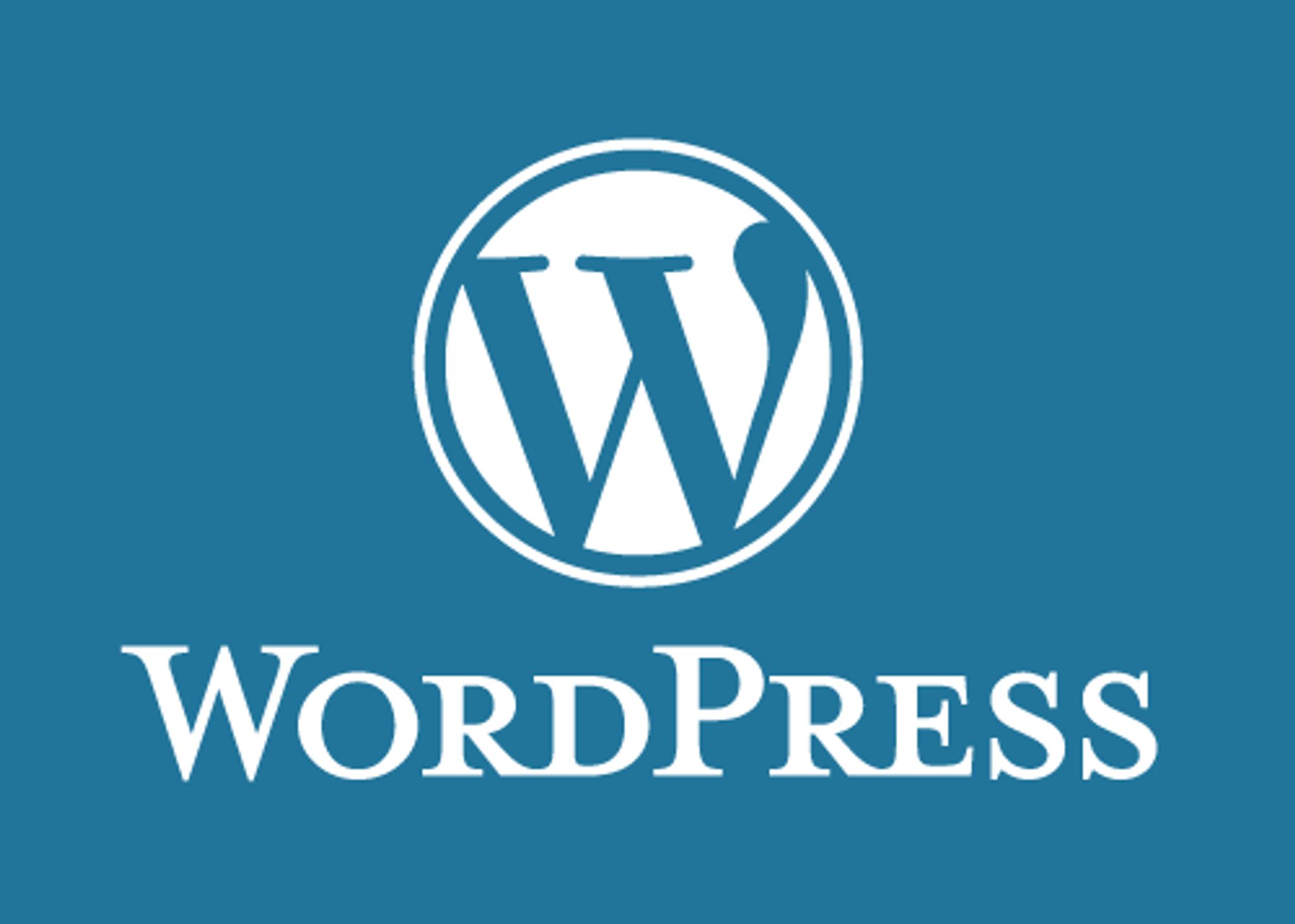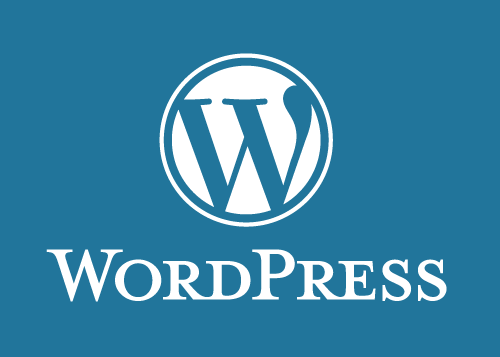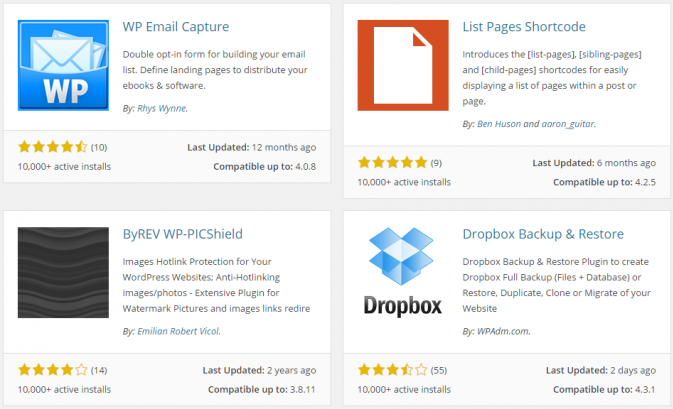How WordPress Needs to Improve Itself (In 6 Ways)

WordPress powers 58.6% of all the websites whose content management system we know, making it by far the most popular CMS in existence (and yes, it is a CMS).

Yet, it has glaring flaws that get ignored year after year, update after update. And despite my fondness for WordPress as a platform, I'm getting tired of the same old issues.
To vent, and hopefully to make some sort of impact, I've compiled a list of six ways for the WordPress team to finally iron out the frustrating problems that plague their excellent CMS. Here goes nothing.
The WordPress team needs to:
1. Fix Those Damned Default Themes
One thing that really grinds my gears about WordPress is the platform's arrogantly plain default themes. Their latest “design” was recently unveiled, and as you can see, it's lackluster, to say the least.

I mean, really?
As the most popular CMS in the world, I expect WordPress to have a default theme worth a second glance. I totally understand that WordPress doesn't need to compete with the massive library of third-party themes available out there, but that doesn't mean that they should lead with a default theme as bad as that. It's nothing short of lazy.
2. Purge The Plugin Library
WordPress' plugin library is what makes it such a great CMS. Thousands upon thousands of plugins mean that users can almost always find the extra functionality they're looking for. If you want your website to do something specific, there's probably a WordPress plugin (or five) designed solely for that purpose.

But there's a problem. Large chunks of garbage are floating around this impressive sea of software, and it's getting out of hand. The rating system helps to weed out the worst of the bunch, while WordPress gives users a pre-installation warning if the plugin hasn't been updated in two years. But it's clearly not enough.
Many plugins simply don't work, while many more are poorly put together, which in turn makes WordPress as a platform harder to use. Quality control needs to improve.
3. Curb The Clutter
You may have heard that WordPress is easy to use, and while that may be true to an extent, installing a third party theme or plugin can seriously confuse matters.

This is because plugins and themes are able to add new buttons on the WordPress side-menu, and elsewhere, making it seem like a long list of cluttered headings. Not to mention, notifications are allowed to pop up at the top of the dashboard, making WordPress's already busy admin panel look crammed.
It can be daunting, especially if you don't know your way around in the first place.
I'd like to see WordPress group third-party menu options together, in a way that's a little more organized and less intrusive. Perhaps this can be done by giving them a sub-section within the menu which can be collapsed. The solution itself is up to them, but the problem is evident.
4. Stop The Spam
If you own a WordPress-powered website, you'll know that spam comments spread like wildfire across all blog posts.

Spam isn't something WordPress specific, by any means, but there's no doubting that they take up the time, bandwidth and sanity of all WordPress users in a way which makes me ask why more isn't being done to control the spammy madness.
Akismet, a spam comment filter, now comes with every WordPress install – which is a good thing. But the free version doesn't do enough for me, as comments still pile up in the back end. If you ask me, WordPress needs to find another way to turn the unrelenting tide of spam.
5. Update Updates
Updating WordPress sounds simple, but it isn't.

Are you updating a theme? A Plugin? WordPress itself? In most cases, you'll need to watch your step, because one update can lead to several headaches.
Updating a plugin may cause conflicts between it and another plugin. Updating a theme can erase your modifications (unless you use a child theme), whereas updating WordPress itself can render a variety of your plugins redundant until their developers apply a patch. Confused yet? You should be.
Maybe WordPress can look into preserving theme changes across the board in some way, and provide alerts for when an updated plugin interferes with another.
6. Handle The Hackers
WordPress is like a magnet for hackers and malware. Perhaps this is simply down to its popularity, rather than its lack of security, but that debate isn't actually that relevant,

I think we can all agree that WordPress needs to beef itself up (by shoring up its admin login page, for example), but I call for it to go a step further and start offering better protection, even if it comes at a small price.
Third party solutions exist, sure. But why should I have to patch together several security plugins, each with their own confusing settings, just to secure my website? Many WordPress users have become accustom to handling their own security in this way; but I think WordPress needs to take on more responsibility.
It's Time to Innovate
Some of you may be wondering how I propose WordPress fixes some of the above issues realistically. The issue of spam, security and updates in particular may seem like un-fixable problems.
How can WordPress roll out further security measures for self-hosted WordPress sites? How are they meant to solve updating issues, seeing as third party software is such an integral part of the platform? What more can they do to shield websites from spammy comments?
All legitimate rebuttals.
My response though, to all of the above, is this; it's high time that WordPress starts to innovate.
Other than the solutions I provided in the list above, I don't have detailed answers as to how each issue should be tackled. But I'm not the one calling the shots at the most popular CMS in the history of the Internet, am I? That's WordPress.
The onus isn't on me to provide the solution, it's upon WordPress. And it's about time they started coming up with innovative solutions for their long-standing issues.
To be frank, WordPress is far too popular and far too successful as a CMS to get away with ignoring these flaws. It's about time they showed some ingenuity in the face of their problems, instead of hoping that everybody assumes that they're too complex to fix.